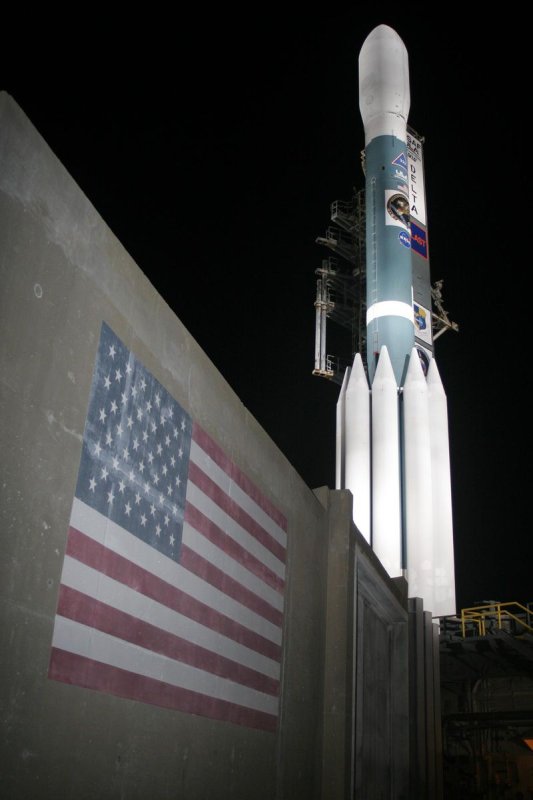WASHINGTON, Aug. 27 (UPI) -- The U.S. space agency says it has renamed its newest spacecraft -- the Gamma-Ray Large Area Space Telescope, or GLAST -- in honor of Enrico Fermi.
The National Aeronautics and Space Administration said GLAST has been officially renamed the Fermi Gamma-ray Space Telescope in honor of the pioneer in high-energy physics who lived 1901-54.















